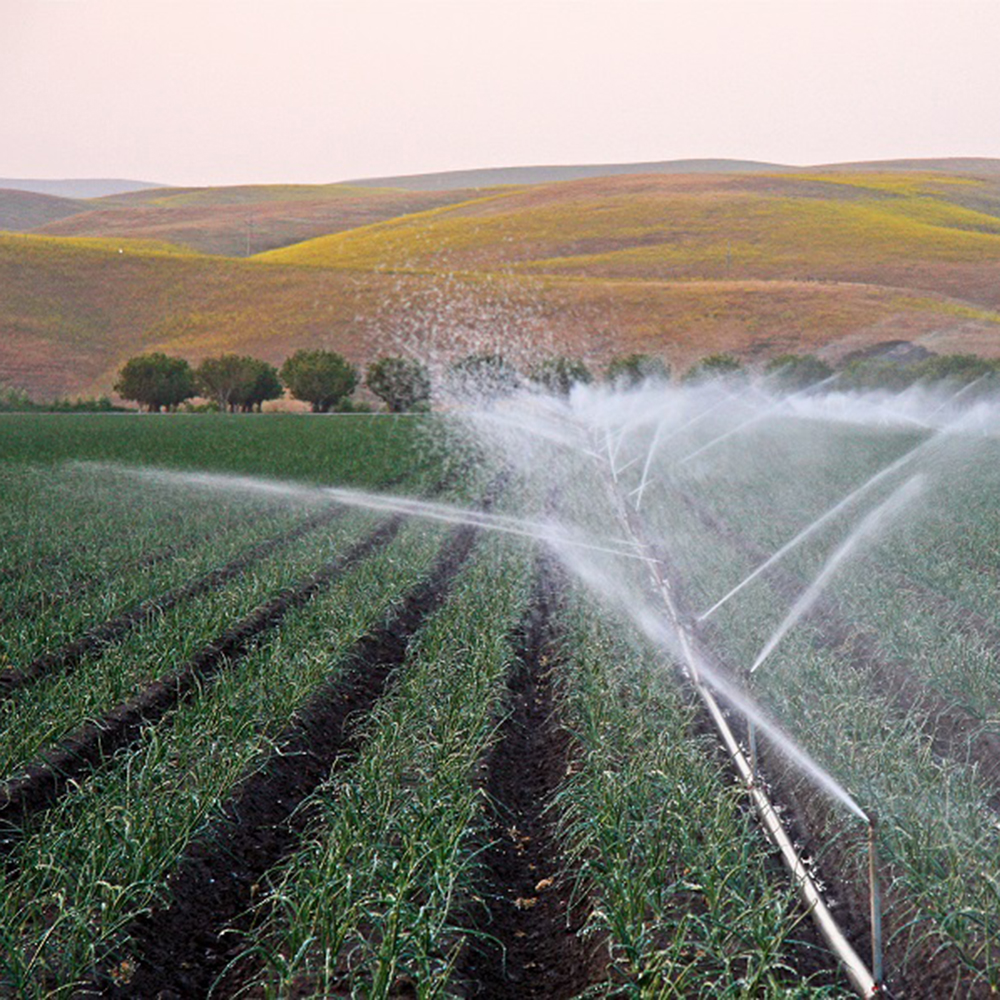Extremism in the pursuit of environmental policy might not be a vice, but it’s never a virtue. See: California’s plan to convert 20 percent of its agricultural operations to organic practices by 2045.
The transition is part of the California Air Resources Board’s Scoping Plan To Achieve Carbon Neutrality. Apparently, some members of the CARB staff wanted the target to be set at 30 percent, which is the European Union’s goal for 2030, but ended up settling for 20 percent. Gov. Gavin Newsom’s next budget could boost the target to 30 percent, however. His office apparently “has been closely eyeing” the Europeans.
As it is with so many other efforts to reach carbon neutrality, forcing a significant portion of cultivated land to organic farming isn’t going to be a seamless, painless process. The Davis-based consulting firm ERA Economics, commissioned by the California Farm Bureau, looked at how the EU’s standard would impact California and concluded that the “changes in the cost and availability of pesticides” caused by the regulation would “affect grower farming costs and risk.”
“As costs increase in response to a pesticide regulation, this reduces the aggregate supply of the affected crop (or crops). As supply decreases, this increases the price of the crop at the farm (with implications for grower net returns and risk), and through the broader supply chain, ultimately increases consumer food prices.”
According to Ag Daily, California “has an estimated 7.35 million acres of irrigated cropland,” or 460,000 acres. Of that, only 6 percent “is certified as organic, and not all of that is farmed in any given year.” Attaining 30 percent, or even 20 percent, is – please forgive the cliche wrapped in a pun – a long row to hoe.
It’s more likely that shaking up the market will accomplish the opposite of what the carbon-neutral crusaders have in mind. In other words, there might be fewer organic rows to hoe.
Ag Daily noted that the study found that reaching 30 percent organic production in a little more than seven years “would cause substantial disruptions to the market,” as the “farmgate” price of conventionally grown tomatoes (the crop the study focused on) is projected to rise by more than 11 percent. Maybe more importantly, the price for organic tomatoes is estimated to drop sharply – 28 percent at the farmgate level – potentially driving “the market price below the cost of production.”
“That could mean organic farmers would be forced to cease production, sell, or farm something else – a result that could potentially crash the organic market and ultimately drive-up consumer prices. Mandating an increase in organic acreage without a clear connection to consumer demand could result in market disruptions that would hurt farmers, farm employees and consumers alike, the study noted.”
This is what happens when policymakers are so focused on a single goal that they don’t consider the costs of their ambitions. For instance, while CARB “often assesses the potential economic impacts of regulatory proposals to state revenues,” says Agri-Pulse, it took the ERA Economics study “to measure the effects of the proposal on the agriculture industry.”
At least California farmers aren’t being treated like their counterparts in the Netherlands. The Dutch government has plans to buy out and close as many as 3,000 farms in an effort to cut nitrogen use so the country can meet EU climate targets. Those unwilling to sell will be forced to surrender their land. That could never happen here. We’re too civilized. In California, the farmers are simply starved of water.
Kerry Jackson is a fellow with the Center for California Reform at the Pacific Research Institute.

